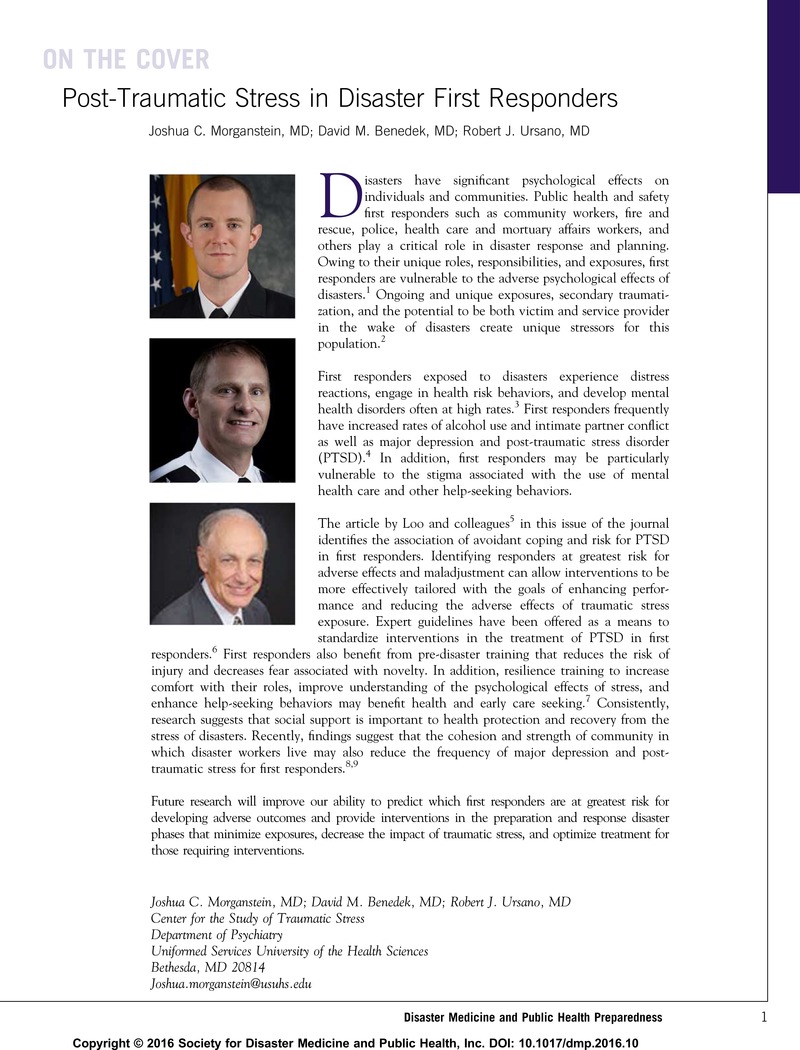Crossref Citations
This article has been cited by the following publications. This list is generated based on data provided by Crossref.
Morganstein, Joshua C.
West, James C.
and
Ursano, Robert J.
2017.
Physician Mental Health and Well-Being.
p.
33.
Wei, Wei
Ge, Jie
Xu, Sha
Li, Ming
Zhao, Zhe
Li, Xiaoxue
and
Zheng, Jingchen
2019.
Knowledge Maps of Disaster Medicine in China Based on Co-Word Analysis.
Disaster Medicine and Public Health Preparedness,
Vol. 13,
Issue. 3,
p.
405.
Zhou, Liang
Zhang, Ping
Zhang, Zhigang
Fan, Lidong
Tang, Shuo
Hu, Kunpeng
Xiao, Nan
and
Li, Shuguang
2019.
A Bibliometric Profile of Disaster Medicine Research from 2008 to 2017: A Scientometric Analysis.
Disaster Medicine and Public Health Preparedness,
Vol. 13,
Issue. 02,
p.
165.
Healing, Tim
Redmond, Anthony D.
Kemp, Verity
and
Williams, Richard
2019.
Social Scaffolding.
p.
137.



